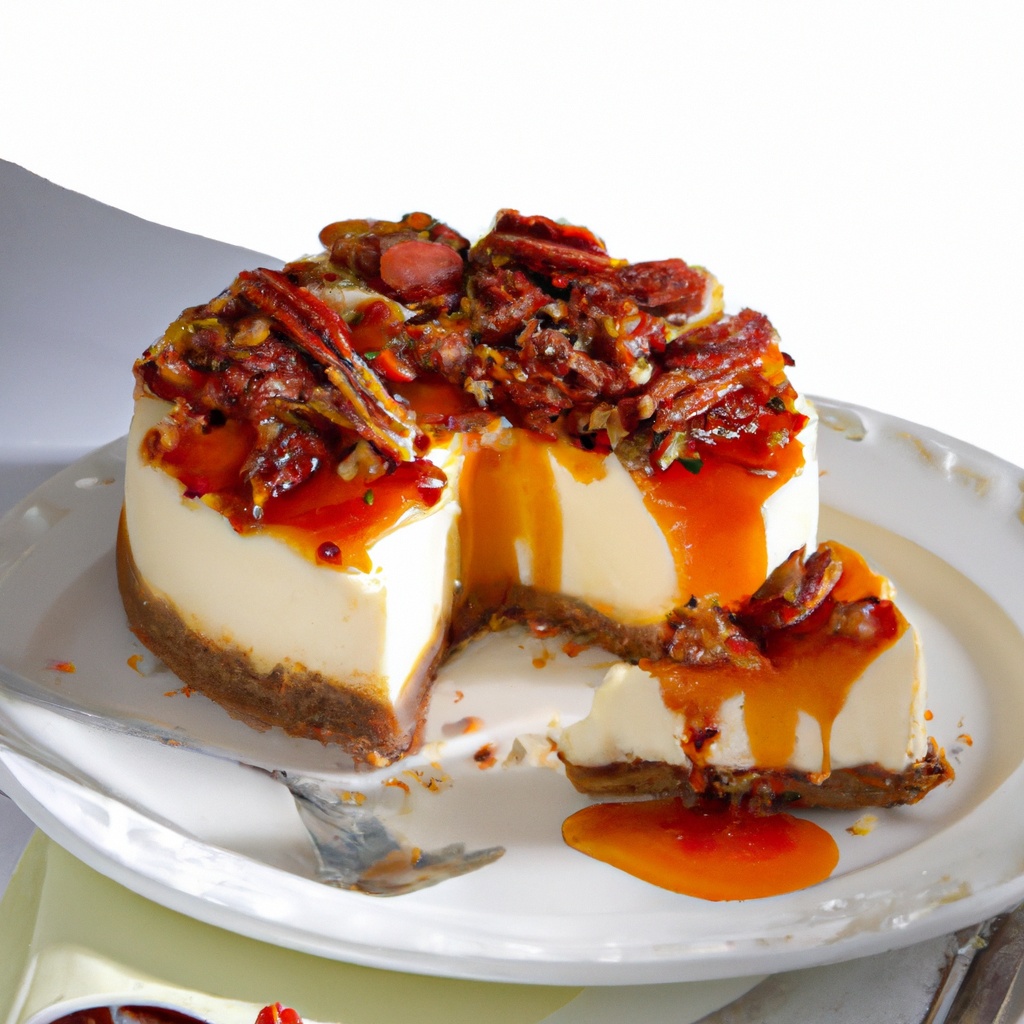PROS
This cheesecake is rich and nutty, with a creamy and dense texture.
Perfect for Saint Patrick’s Day celebrations or any occasion where you want to impress your guests.
CONS
This dessert is high in fat and calories, so it should be enjoyed in moderation as part of a balanced diet.
It can also be time-consuming to prepare and requires several hours of chilling time before serving.
HEALTH & BENEFITS
Although this cheesecake is not a particularly healthy dessert, it does contain pecans, which are a good source of healthy fats, protein, and fiber.
Additionally, Irish cream may have some health benefits, such as reducing the risk of heart disease and inflammation.



/rating_off.png)
Leave a Reply